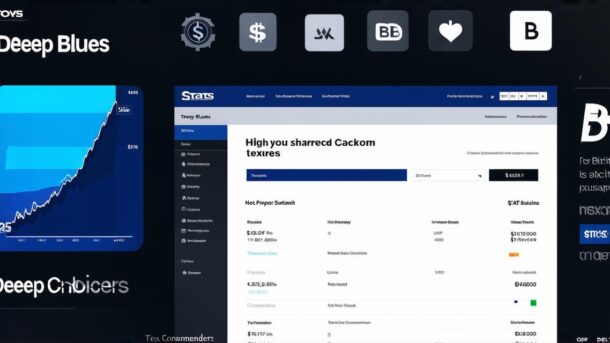Introduction
Bitcoin, the first cryptocurrency, has revolutionized the way we store and transfer value. However, with its limitations and high volatility, other cryptocurrencies have emerged as potential contenders for the throne of the next Bitcoin. In this article, we will explore some of the top contenders in the world of cryptocurrency and their potential to become the next Bitcoin.
Ethereum
Ethereum is the second-largest cryptocurrency by market capitalization and has a strong potential to become the next Bitcoin. Ethereum was launched in 2015 with the goal of creating a platform for building decentralized applications (dApps). Unlike Bitcoin, which is primarily focused on being a store of value and a medium of exchange, Ethereum is designed as a platform for developers to build decentralized applications.
One of the key features of Ethereum is its ability to execute smart contracts, which are self-executing programs that can automate complex processes. This has attracted developers from various industries to build dApps on the Ethereum network, such as decentralized finance (DeFi) applications, non-fungible tokens (NFTs), and more.
Another advantage of Ethereum is its ability to upgrade itself through hard forks, which allows it to adapt to changing market conditions and evolving technological advancements. For example, the network underwent a major hard fork in 2019 known as Ethereum 2.0, which aimed to improve the scalability and efficiency of the network.
Bitcoin Cash (BCH)
Bitcoin Cash is a fork of Bitcoin that was created in August 2017 with the goal of increasing the block size limit and improving transaction speed. While it has not yet achieved its goal of becoming the next Bitcoin, it has gained significant traction among investors who believe that larger blocks will improve the scalability of the network.
Bitcoin Cash is currently the fourth-largest cryptocurrency by market capitalization and has a strong community of developers working on improving the network. However, it faces criticism from some members of the Bitcoin community who argue that increasing the block size limit could lead to centralization and compromise the decentralized nature of the network.

Litecoin (LTC)
Litecoin is another fork of Bitcoin that was created in October 2011 with the goal of improving transaction speed. Unlike Bitcoin, which uses a proof-of-work consensus algorithm, Litecoin uses a proof-of-stake algorithm, which allows for faster and more energy-efficient mining.
Litecoin has gained significant traction among investors who believe that it has the potential to become a widely accepted payment method, similar to Bitcoin. However, it faces competition from other cryptocurrencies such as Bitcoin Cash and Ethereum, which have also gained traction in this space.
Summary
In conclusion, while no single cryptocurrency can guarantee becoming the next Bitcoin, Ethereum, Bitcoin Cash, and Litecoin are some of the top contenders in the world of cryptocurrency. Each has its own unique features and advantages, and it remains to be seen which one will ultimately emerge as the dominant force in the space.



